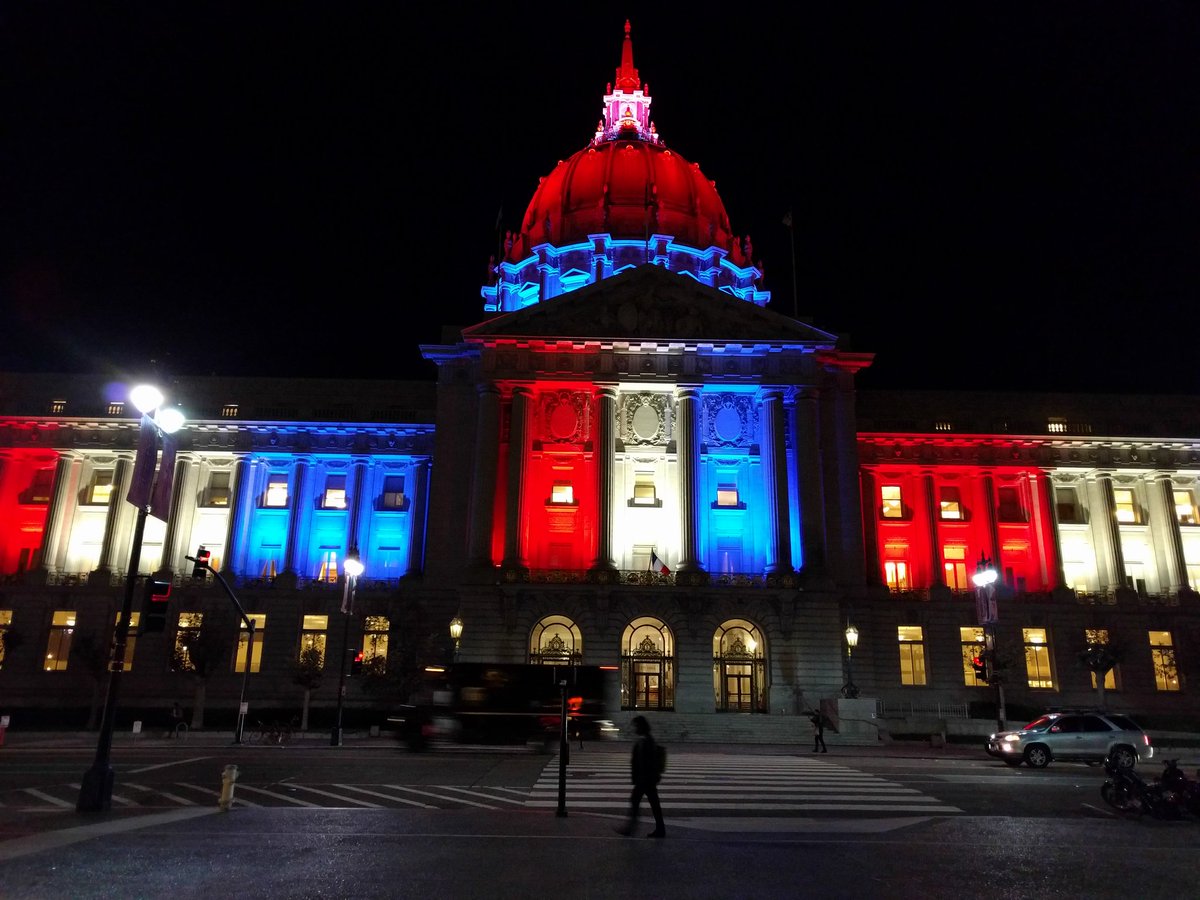I’m hearing at least one band member was killed.
You have to ask? We need the oil.
Je Suis Eagles of Death Metal!
Needs work . . .
At least one was.
Wanna bet?
I’m not saying that everyone will, or that everyone will let those kinds of considerations stop them. I just think the situation this time is significantly different, even if it doesn’t turn out to result in different things happening (which obviously, we can never be sure of in the first place).
Just how badly? And at what cost?
CNN reporting death toll currently at 153.
Not really anymore. The U.S.and Canada have plenty of domestic sources of oil and natural gas because of shale oil fracking combined with tar sands. The U.S. is expected to be energy independent and an overall exporter by 2030 but that could be moved up quickly if circumstances dictated it. The supply chains are complicated and prices would increase some (but not more than we have seen in recent years) but the U.S. does not strictly depend on the Middle East for fossil fuels anymore.
In fact, many of the major domestic finds are shut down right now only because prices dropped because new drilling technology produced so much domestically that it would flood the market and make extraction unprofitable. That stuff is millions of years old and isn’t going anywhere. We can tap it again anytime we need to once the price rises again. The 2008 - 2012 period when fracking hit its major strides proved that fossil fuel booms are still out there domestically and can even force speculators shoot themselves in the foot if they produce too much, too soon.
The domestic supply is there and already tapped and ready for refinement in the short and medium term. It just follows a classic supply/demand price curve.
I hope so man, but I am skeptical until something is actually done.
Buildings across the US are lighting up in the French flag’s colors blue, white and red tonight. The world stands united with France tonight.
I dunno. Ask the oil companies who shout down and oppose every alternative and research that tries to gain traction.
That’s what I said after 9/11, when people were calling for war and demanding the government tell everyone the battle plan. Though I thought attacking Afghanistan was justified because they were harbouring Osama bin Laden, I thought the better plan would have been for the government to say nothing and to just have terrorists waking up dead.
That was kind of what I meant about Machiavelli. In The Prince he said that it is desirable to be both loved and feared; but if you can only have one, be feared. If enough innocents are killed, they might find it better to attack the problem themselves than it would be to wait around and become collateral damage. The U.S. can’t do this, but I wouldn’t put it past Putin.
It is still early, but I believe that France has been awakened and will be taking aggressive action. I believe that we should stand by them 100% militarily or in any other way. Tonight we are all French. The United States stands with you.
Lafayette, we are here.
Well said. I stand by the French and have always loved them as a people.
As I type this, CNN is reporting at least 153 killed.
Killing innocents usually encourages their survivors to become your enemy, not to fight your enemy for you.
Which Machiavelli also warned about. You want them to fear you, but not so much that they will fight you.
Actually, a key reason that domestic oil extraction slowed down was not simply because American producers were worried that domestic oil would flood the market; it’s because OPEC countries—or at least, the ones in the Persian Gulf—have consistently refused to lower their production levels. And one of the reasons they did this was to keep global oil prices down and make drilling unprofitable for the more marginal American producers. This is turn helped to protect their access to the US market.
The Saudis have been quite clear that falling oil prices actually help them maintain their global market share, because they can extract their oil more cheaply than most other producers, and considerably more cheaply than American fields that rely on more complicated extraction processes.
The question is, what will be the long-term consequences? Plenty of Americans would like the United States to be oil-independent, but are they committed enough to this idea that they are willing to pay an extra dollar or two per gallon at the pump? If America’s historical desire for cheap stuff is any indication, the principle of “American-made” will quickly be discarded by many consumers if they are actually confronted with the possibility of higher prices. Of course, over time extraction costs in North American fields might well drop, but if they don’t, do you think that Americans will be willing to support the more expensive local product with their wallets?

